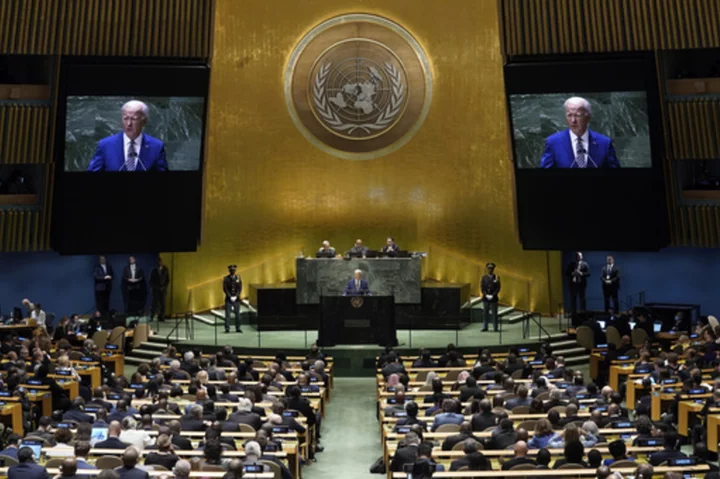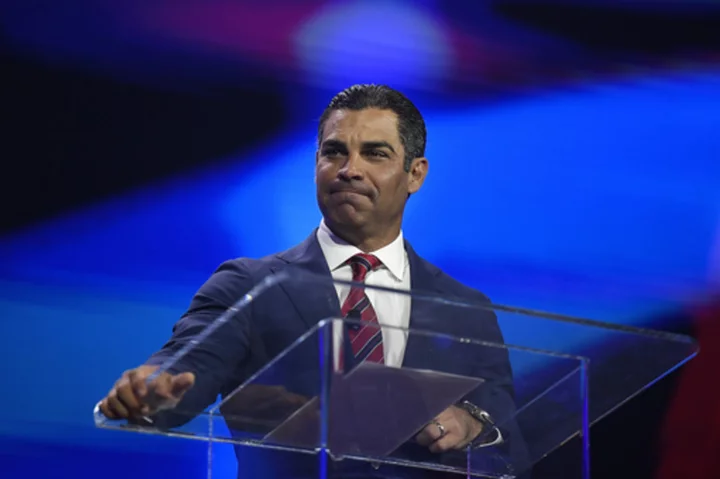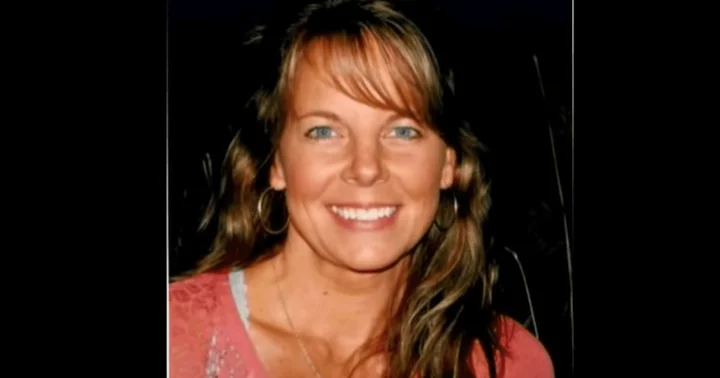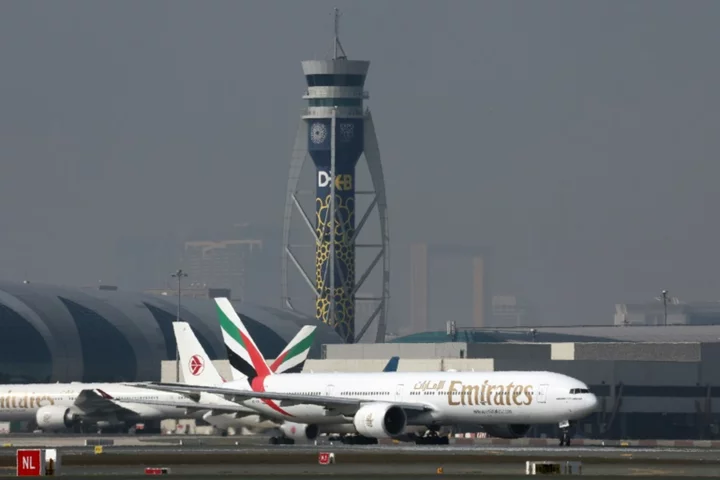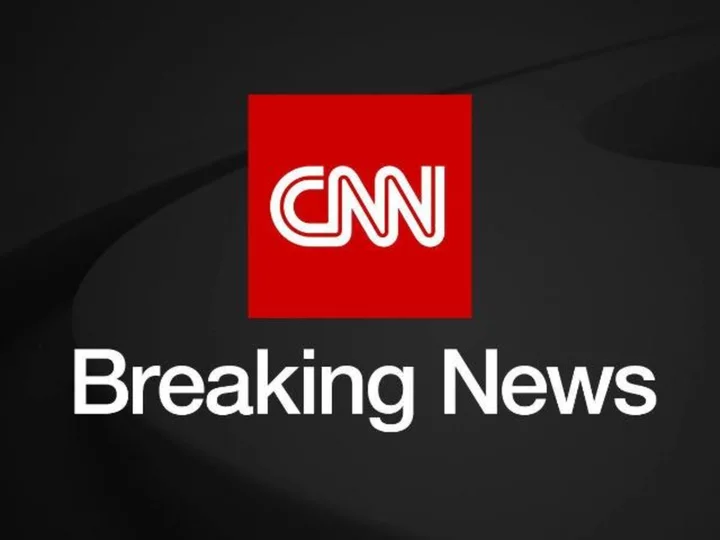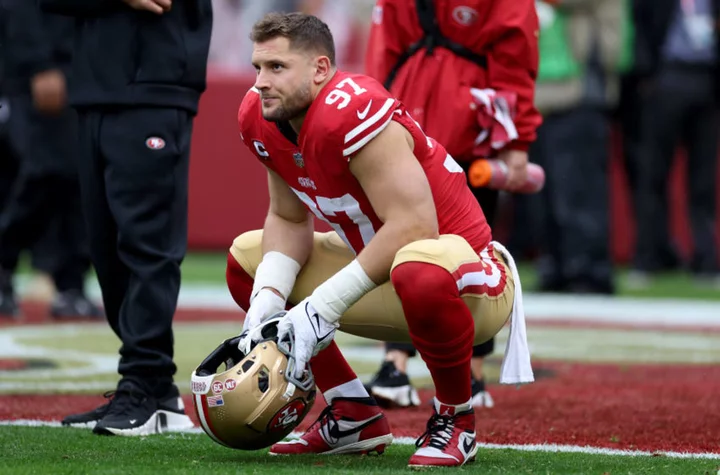UNITED NATIONS (AP) — Welcome to the United Nations. Over the course of the next week, leaders from scores of countries will take the marbled dais that, despite being geographically located in midtown Manhattan, belongs to the world. It's part of the U.N. General Assembly's General Debate, in which a parade of speakers will cycle through the iconic hall from Tuesday, Sept. 19, through Tuesday, Sept. 26.
At the United Nations and on the sidelines, pressing topics will reflect the myriad global crises at hand: climate change, rampant inequality, Russia’s war in Ukraine, public health and geopolitical instability, among others. Presidents, prime ministers, monarchs and other high-ranking representatives are convening under the 78th session's theme of “Rebuilding trust and reigniting global solidarity: Accelerating action on the 2030 Agenda and its Sustainable Development Goals towards peace, prosperity, progress and sustainability for all.”
Check back here throughout for live updates from The Associated Press in and around the U.N. General Assembly, as leaders address and engage with their peers, constituencies at home and the world at large. A team of AP staffers at the United Nations, around New York and across the globe is providing highlights, analyses and key context in all formats.
WHO WAS SITTING IN RUSSIA'S SEAT DURING ZELENSKYY'S SPEECH?
That would be Dmitry Polyansky, Russia’s deputy U.N. ambassador. AP’s chief U.N. correspondent, Edith M. Lederer, ran into him shortly after Zelenskyy finished speaking and asked him for comment.
“Did he speak?” Polyansky told her. “I didn’t notice he was speaking. I was on my phone.”
ZELENSKYY TAKES THE STAGE
“It is not only about Ukraine.”
— Ukrainian President Volodymr Zelenskyy, advocating for the 10-point Ukrainian Peace Formula to solve conflicts even beyond Russia’s war in his country.
‘WHERE ARE THE WOMEN OF THE WORLD?’ ASKS SOUTH AFRICA'S PRESIDENT
If it’s important to be in the room where it happens, South African President Cyril Ramaphosa made a note of who wasn’t there.
Ramaphosa was the 14th man to take the rostrum Tuesday, the first day of the General Debate. Taking note of the number of men in the General Assembly Hall, he asked: “Where are the women of the world?”
In his speech, he stressed the need to empower women and have them participate equally in decision-making. Fifty percent of cabinet members in South Africa are women, and Ramaphosa said he was accompanied by an all-female delegation to the United Nations.
JORDAN'S KING SAYS ISRAELI-PALESTINIAN CONFLICT STILL MIDDLE EAST'S ‘CENTRAL’ ISSUE
Jordan’s King Abdullah II called on the international community to address the Israeli-Palestinian conflict, which he said remains “the central issue in the Middle East.”
“No architecture for regional security and development can stand over the burning ashes of this conflict,” he said in his address to the U.N. General Assembly. “Seven and a half decades on, it still smolders.”
The last serious peace talks between Israel and the Palestinians broke down more than a decade ago. Recent diplomatic initiatives like the Trump-era Abraham Accords have focused on forging regional ties between Israel and Arab countries.
The Biden administration hopes to build on those accords by brokering a normalization agreement between Israel and Saudi Arabia. But the Saudis have said such a deal would have to include major progress toward the creation of a Palestinian state, something Israel’s right-wing government staunchly opposes.
Jordan, a close Western ally, made peace with Israel in 1994 but strongly supports the Palestinian cause.
TURKEY'S PRESIDENT ADDRESSES RENEWED FIGHTING IN NAGORNO-KARABAKH
Turkish President Recep Tayyip Erdoğan called Tuesday for a swift end to renewed fighting in a war-torn Nagorno-Karabakh region, but strongly sided with Turkey’s ally Azerbaijan in defending its sovereign rights in the South Caucasus area.
Azerbaijan launched military strikes in recent days after weeks of escalating tension in the region populated by ethnic Armenians — triggering international concern of a possible new conflict.
Erdoğan said there was “a historic opportunity awaiting all of us” to secure peace in the southern Caucasus region.
“In order to make use of this opportunity we attach importance to the normalization of our relations with Armenia,” Erdogan said. “From the outset we always supported diplomacy between Azerbaijan and Armenia. Unfortunately, we see that Armenia cannot make use of this historic opportunity.”
He reiterated that Nagorno-Karabakh is Azerbaijani territory “so no other status can be dictated.”
Despite initiatives in recent years to normalize ties, relations between Turkey and Armenia are scarred by decades of mistrust and hostility over the mass killings of Armenians more than a century ago. An estimated 1.5 million people were killed in the events that are widely viewed by scholars at the first genocide of the 20th century. Turkey denies the deaths constituted genocide, saying the toll has been inflated and that those killed were victims of civil war and unrest.
COLOMBIA'S PRESIDENT WARNS OF THE ‘CRISIS OF LIFE’
Colombia’s President Gustavo Petro delivered an ominous prophecy with grandiose language, painting a grim picture of what lies ahead if nations fail to swiftly redesign life on this planet.
“It has been a year in which humanity lost and without hesitation has advanced the times of extinction,” he began. “It would seem as though the global leadership has made enemies with Life.”
Eloquent oratory is a skill Petro often deploys, and lately has done so to project himself as a global leader on climate change — and to reproach others for failing to fully heed its peril.
At the U.N., he said that what he called “the crisis of Life” has already begun, as signaled by migration of climate refugees, and warned that in the coming half-century, their numbers will reach 3 billion. His country, today covered by lush forests, will transform to desert, he said, and its people will decamp en masse, “no longer attracted by the sequins of the wealth, but by something simpler and more vital: water.”
His speech at times resembled literary prose, particularly his characterization of the ongoing migration flow. In the Spanish-language transcript submitted, “Life” is indeed capitalized.
BIDEN WANTS UN TO INTERVENE IN HAITI VIOLENCE
President Joe Biden asked the U.N. Security Council to immediately authorize the Kenya-led multinational force to help fight gangs and restore peace in Haiti.
Biden in his speech at the General Assembly thanked Kenyan President William Ruto for his “willingness to serve as lead nation of UN security support mission” in the Caribbean nation where growing gang violence has killed many. Kenya’s decision to lead that mission has been criticized by Ruto’s opponents and Haitians have been skeptical about that mission.
“I call on the Security Council to authorize this mission now,” Biden said. “The people of Haiti cannot wait much longer.”
POLAND'S PRESIDENT DRAWS HISTORICAL PARALLELS
Polish President Andrzej Duda likened the Russian invasion of Ukraine to the World War II occupation and partition of his own country by Nazi Germany and the Soviet Union and urged the world to hold Moscow accountable for its “barbaric actions.”
“Poland lost its independence, was wiped (off) the map of the world, and subjected to an extremely brutal occupation. This is precisely why we understand the tragedy of Ukraine better than any other country,” Duda said.
Ukraine, he argued, was acting like a homeowner “defending his home against a mugger,” and required continued international support to pursue its own defense.
Duda added: “Today, the victim is Ukraine. Tomorrow, it could be any one of us.”
Duda’s country took in more Ukrainian refugees than any other in the first few months of the war, though Germany now has more Ukrainian citizens registered.
HOW BIDEN'S REMARKS WERE RECEIVED
As U.S. President Joe Biden pledged support to Ukraine, warning that no nation can be secure if “we allow Ukraine to be carved up,” there was a round of applause in the General Assembly Hall.
U.N. cameras showed Ukrainian President Volodomyr Zelenskyy, sitting in Ukraine’s seat in the General Assembly, clapping his hands. He’s scheduled to speak later today.
BIDEN SENDS A MESSAGE TO BEIJING
U.S. President Joe Biden sought to alleviate tensions with China in his speech, even as the United States tries to strengthen ties with other countries to limit Beijing’s influence.
“None of these partnerships are about containing any country,” he said. “They’re about a positive vision for our shared future.”
Addressing the relationship between U.S. and China, Biden said, “we seek to responsibly manage competition between our two countries so it does not tip into conflict.”
China has been concerned for decades about Cold War “containment policies” in which the U.S. tried to prevent communism from spreading. It remains a hot-button issue between China and the United States to this day.
Chinese President Xi Jinping is not attending the meeting of world leaders. Biden has talked about holding another meeting with him, but none has been scheduled yet.
Read more about Biden’s speech, from AP’s Aamer Madhani and Seung Min Kim.
BIDEN SAYS WORLD MUST OPPOSE RUSSIA'S ‘NAKED AGGRESSION’
President Joe Biden will tell the United Nations General Assembly that Russia cannot be allowed “to brutalize Ukraine without consequence,” according to excerpts released by the White House, describing the war as a battle to preserve the global order.
“We must stand up to this naked aggression today to deter other would-be aggressors tomorrow,” he said.
Biden plans to add, “That is why the United States together with our allies and partners around the world will continue to stand with the brave people of Ukraine as they defend their sovereignty and territorial integrity – and their freedom.”
The message is intended to resonate beyond Moscow. Biden is trying to secure additional support for Ukraine from Congress, where Republicans control the House and are skeptical of continued assistance.
And Washington is on guard against Chinese aggression in the South China Sea, where competing territorial claims have caused tension in the region. Beijing also wants to reunite the mainland with the self-governing island of Taiwan, a goal that raises the prospect of another war.
WHAT DOES THE PRESIDENT OF THE GENERAL ASSEMBLY DO?
Meet Dennis Francis, the president of the 78th session of the U.N. General Assembly.
Francis hails from Trinidad and Tobago, and is the Caribbean country’s longest-serving U.N. ambassador. He succeeds Hungary’s Csaba Kőrösi.
The president of the General Assembly is elected by the body for a yearlong term, and gets to set a theme. Francis has chosen “Peace, Prosperity, Progress and Sustainability” for his session, and “Rebuilding trust and reigniting global solidarity: Accelerating action on the 2030 Agenda and its Sustainable Development Goals towards peace, prosperity, progress and sustainability for all” for this week.
GUTERRES ON LIBYA FLOODS
U.N. chief António Guterres began his address to the by evoking the tragic floods in Libya.
“Just nine days ago, many of the world’s challenges coalesced in an awful hellscape,” he said. “Thousands of people in Derna, Libya, lost their lives in epic, unprecedented flooding. They were victims many times over, victims of years of conflict, victims of climate chaos, victims of leaders near and far who failed to find a way to peace. The people of Derna lived and died in the epicenter of that indifference.”
Read more about Guterres’ speech from AP’s Edith M. Lederer.
‘COMPROMISE,’ SAYS UN'S SECRETARY-GENERAL
“In the face of all these challenges and more, compromise has become a dirty word. Our world needs statesmanship, not gamesmanship and gridlock. As I told the G20, it is time for a global compromise. Politics is compromise. Diplomacy is compromise. Effective leadership is compromise. Leaders have a special responsibility to achieve compromise in building a common future of peace and prosperity for our common good.”
— Secretary-General António Guterres

